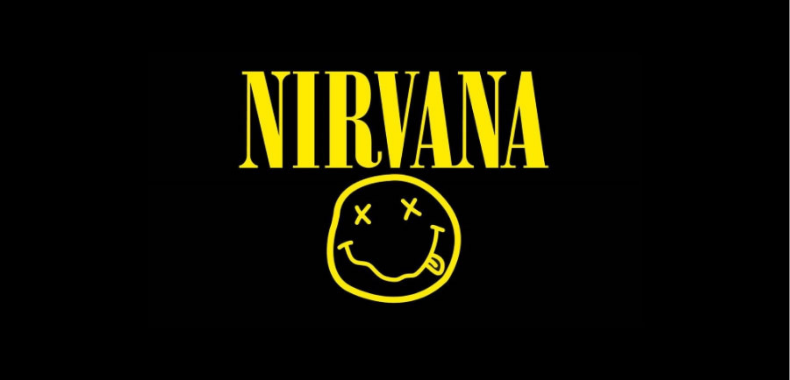X users recently learned that their interactions with Grok, the platform’s artificial intelligence chatbot, were being automatically used to “train and fine-tune” the systems of xAI, Musk’s artificial intelligence company, without explicit permission to share data.
After the news broke, the social network said: ‘All X users have the ability to control whether their public posts can be used to train Grok, the AI research assistant. This option is in addition to your existing controls over whether your interactions, inputs and results related to Grok can be used. This setting is available on the web platform and will soon be available on mobile.’
However, Europe’s data protection watchdog says X isn’t being transparent enough and is seeking clarity on the change to open up space for new regulatory scrutiny of the social media platform.
In Brazil, X’s practice is also being questioned.

In Brazil, Meta had previously used text, images and videos from social networks to develop and perfect its generative language models, such as ChatGPT, by using public data shared by Brazilians on the social networks Instagram and Facebook.
At the beginning of July 2024, the government, through its National Data Protection Authority (ANPD), ordered the company to suspend this practice in the country. As a result, Meta must discontinue the rules for the Brazilian internet, under penalty of a daily fine of R$50,000.
Similarly, the practice adopted by Ellon Musk’s social network has been repudiated by the Brazilian Institute for Consumer Defence (IDEC), which warns that the change to social network X would have occurred without prior information or consent from users.
‘Specifically, we see a malicious design: there is a pre-selection of the option that consumers would accept the use of their data for AI processing purposes. This consent should not be presupposed but should be explicit,’ the consumer protection body said in its statement.
‘Idec emphasizes its indignation at seeing yet another ‘big tech’ exploiting consumers in order to grow its economic power,’ the body added.
As this is a new subject with many nuances and approaches, it is worth contacting a lawyer specialized in intellectual property to understand the limits of protection and exploitation that exist to date. Peduti Advogados can help you with this.
—
Author: Marília de Oliveira Fogaça and Cesar Peduti Filho, Peduti Advogados.
Source: X, de Musk, usa dados de usuários para treinar IA sem autorização + https://epocanegocios.globo.com/inteligencia-artificial/noticia/2024/07/x-de-musk-usa-dados-de-usuarios-para-treinar-ia-sem-autorizacao.ghtml
—
“If you want to learn more about this topic, contact the author or the managing partner, Dr. Cesar Peduti Filho.”
“Se quiser saber mais sobre este tema, contate o autor ou o Dr. Cesar Peduti Filho.”


